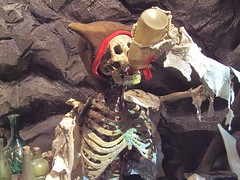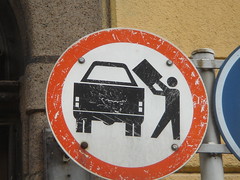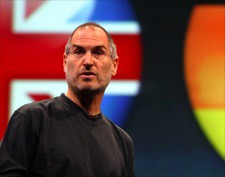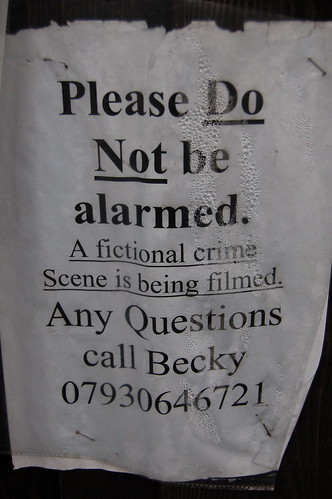The woes of web 2.0

Yo ho Yo ho A pirates life for me!
Originally uploaded by 0range County Girl.
The rise of web 2.0 has been an amazing thing. I wish it was around when I was a teenager, however in some ways its just as well it wasn’t. Working in a technical arena I have become very aware of maintaining a distinction between your professional identity and online interaction. Googling someones name is de rigour these days and there are stories of companies googling prospective new employees. This is turning out to be some what of a problem for generation 2.0 that have posted portions of their life that seemed a good idea at the time but has come back to haunt them, take the story of Stacy Snyder for example :
College Sued Over “Drunken Pirate” Sanctions
She, for better or worse, posted a picture of herself posing with a pirate hat and drinking from a plastic cup with the caption “Drunken Pirate” all harmless fun. That is until she was supposed to graduate from teaching college. According to the TSG “Despite good grades and solid performance evaluations, Snyder claims that school officials improperly denied her a bachelor of science in education degree and a teaching certificate” this article goes on to say “A university official told her that the photo was “unprofessional” and could have offended her students if they accessed her MySpace page.”
While this is terrible we are only going to see more of this in the future. This case is a little simpler than it will be in the future, in this case it was her own fault, she posted the picture of herself to MySpace so ultimately she put up the picture and also had the ability to take it down any time she wanted (and I’m sure now she wish she did) it was also easily connected to her as it was her MySpace page linked to her professional name.
The more problematic cases are when your mates take pictures of you during your hedonistic youthful excursions (one of the reasons why I’m glad digital cameras weren’t really around when I was in University, phew!) and they post their pictures of which you may have little or no control. While these pictures maybe as hard to find as a specific leaf in a forest new applications like polar rose face scanning technology might be the google of face search.
All it would take is a one positive hit for your face and a pass through flickr, MySpace, zooomr and all the other web 2.0 services and your online life could be laid bare for a prospective future employer.
As in physics for every action there is an equal but opposite reaction, a recently setup company ReputationDefender have realised there is a business model in helping new minted adult clean up their past, wired covered this in July of 2006 :
They describe ReputationDefender work :
“Any web citizen willing to pay ReputationDefender’s modest service fees can ask the company to seek and destroy embarrassing office party photos, blog posts detailing casual drug use or saucy comments on social networking profiles.”
It may be too late for Stacy Snyder, will maintaining your digital online identity accompany a conversation a parent has with a pre-pubescent child before they have the parent filters taken off the family computer. It will certainly be interesting as more and more computer savvy kids start coming through the system over the next few years and to see the woes of their past return to haunt them.




